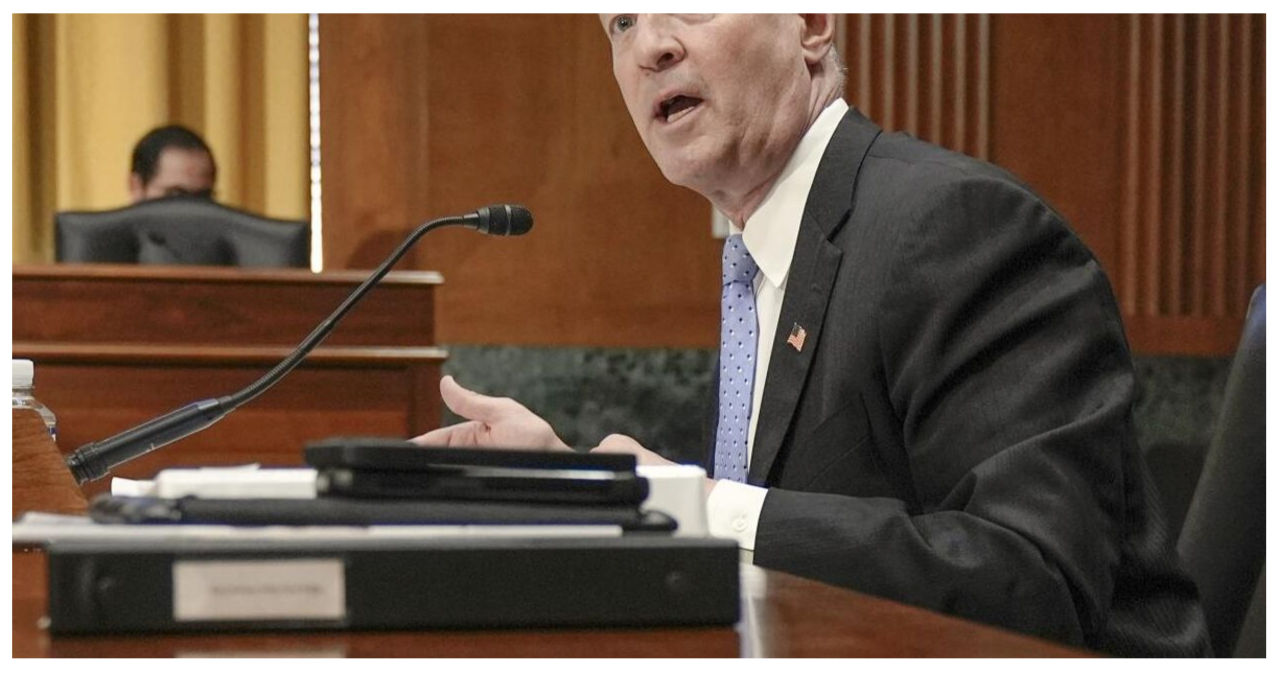According to the annual trustees report of Social Security and Medicare, the projected depletion dates for Medicare and Social Security have been extended as a result of an improving economy. This means that the anticipated dates for these programs to run out of funds have been pushed back.
However, officials emphasize the importance of implementing policy changes to ensure that the programs can continue to provide full benefits to retiring Americans.
Medicare’s hospital insurance trust fund has had its projected go-broke date pushed back by five years to 2036. This positive development is attributed to higher payroll tax income and lower expenses than initially anticipated last year. Medicare, the federal government’s health insurance program, provides coverage for individuals aged 65 and older, as well as those with severe disabilities or illnesses. In 2020, Medicare provided coverage for over 66 million individuals, the majority of whom were 65 years old and above.
Once the reserves of the fund are exhausted, Medicare would only be able to cover 89% of the costs for patients’ hospital visits, hospice care, nursing home stays, or home health care that are required after hospital visits.
According to the latest estimates, Social Security’s trust funds, which provide benefits for old age and disability recipients, are projected to run out in 2035. This means that starting from that year, the funds will only be able to cover 83% of the benefits owed to beneficiaries. This update comes as a revision from last year’s estimate, which had predicted the funds to be depleted by 2034.
According to Martin O’Malley, the Commissioner of the Social Security Administration, the report brings some positive news. However, he emphasized that Congress must take action to prevent a projected 17% reduction in Social Security benefits if they fail to act.
Approximately 71 million individuals, encompassing retirees, the disabled, and children, are beneficiaries of Social Security benefits.
President Joe Biden has expressed his commitment to strengthening Social Security and Medicare in response to the report. He emphasized that as long as he remains in office, he will continue to work towards improving these programs. Additionally, President Biden emphasized the importance of high-income taxpayers paying their fair share to ensure adequate funding for these essential benefit programs.
Lawmakers have been deferring the troubling math of Social Security and Medicare to future generations. Approximately 40 years ago, the federal government increased the eligibility age for Social Security benefits from 65 to 67. However, the eligibility age for Medicare has remained unchanged, with individuals becoming eligible for medical coverage at the age of 65.
According to a report by the Congressional Budget Office, the main factors contributing to the increase in debt relative to GDP are the rising interest costs and spending for Medicare and Social Security. These numbers are largely driven by an aging population.
The latest report predicts that Medicare will generate higher income compared to the previous year. This is primarily attributed to an increase in the number of covered workers and average wages. Additionally, the report highlights a decrease in expenses. This can be attributed to a policy alteration in the way Medicare Advantage rates are calculated, as well as lower-than-anticipated spending on inpatient hospital and home health agency services.
Medicare Advantage plans are a variation of the federal program that health insurers administer.
According to a recent poll conducted by The Associated Press-NORC Center for Public Affairs Research in March 2023, the majority of adults in the United States are against any measures that would reduce Medicare or Social Security benefits. Additionally, a significant portion of the population supports the idea of increasing taxes for the wealthiest individuals in order to maintain the current functioning of Medicare.
The future of Social Security and Medicare is a prominent topic of discussion in the current political landscape, with President Joe Biden and Republican former President Donald Trump both emphasizing its importance during their reelection campaigns.
Biden, a Democrat, has made a commitment to resist any attempts by Republicans to reduce Medicare or Social Security benefits in order to address the budget deficit. He has proposed increasing taxes for individuals earning $400,000 or more annually to strengthen Medicare. However, he has yet to present a plan for addressing the future of Social Security.
In a March interview with CNBC, Trump expressed his willingness to consider reductions in Social Security and Medicare. He acknowledged that there is potential for making cuts in entitlements.
According to Nancy Altman, president of Social Security Works, a group that advocates for the social insurance program, the recent report emphasizes the urgency for Congress to act promptly and guarantee the long-term sustainability of Social Security to ensure full benefits for future generations.
AARP CEO Jo Ann Jenkins emphasized the urgency of taking action, stating that “the stakes are simply too high to do nothing.”
According to Michael A. Peterson, the CEO of the Peter G. Peterson Foundation, it is crucial for Congress to take prompt action in order to prevent further challenges and potential insolvency of the Social Security and Medicare programs. Peterson emphasizes that delaying reform only makes the situation more difficult, and it is essential for Congress to provide certainty and stability for the future by exploring the various available solutions to strengthen these vital programs.



